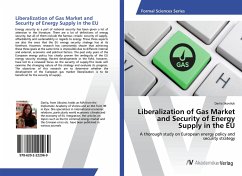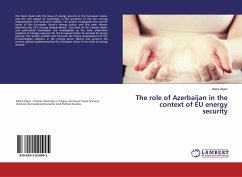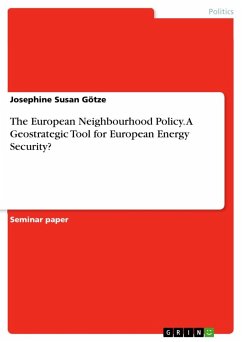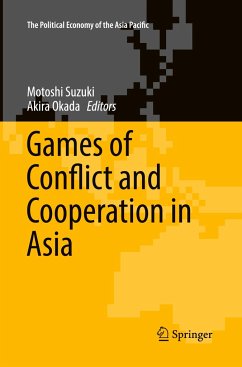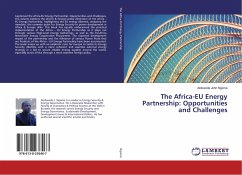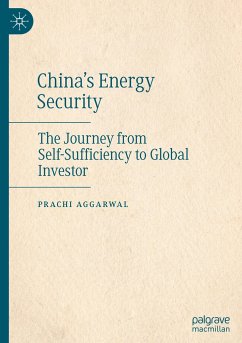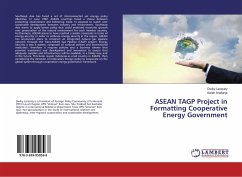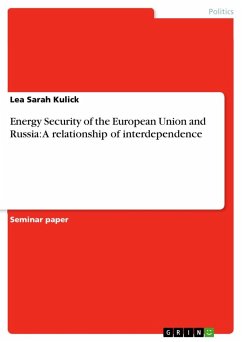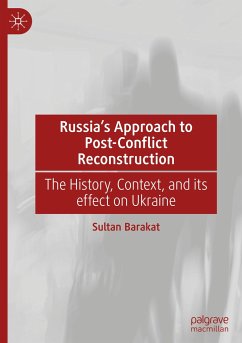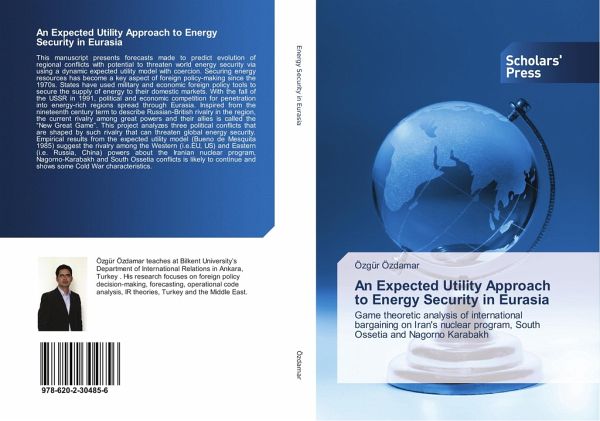
An Expected Utility Approach to Energy Security in Eurasia
Game theoretic analysis of international bargaining on Iran's nuclear program, South Ossetia and Nagorno Karabakh
Versandkostenfrei!
Versandfertig in 6-10 Tagen
62,99 €
inkl. MwSt.

PAYBACK Punkte
31 °P sammeln!
This manuscript presents forecasts made to predict evolution of regional conflicts with potential to threaten world energy security via using a dynamic expected utility model with coercion. Securing energy resources has become a key aspect of foreign policy-making since the 1970s. States have used military and economic foreign policy tools to secure the supply of energy to their domestic markets. With the fall of the USSR in 1991, political and economic competition for penetration into energy-rich regions spread through Eurasia. Inspired from the nineteenth century term to describe Russian-Bri...
This manuscript presents forecasts made to predict evolution of regional conflicts with potential to threaten world energy security via using a dynamic expected utility model with coercion. Securing energy resources has become a key aspect of foreign policy-making since the 1970s. States have used military and economic foreign policy tools to secure the supply of energy to their domestic markets. With the fall of the USSR in 1991, political and economic competition for penetration into energy-rich regions spread through Eurasia. Inspired from the nineteenth century term to describe Russian-British rivalry in the region, the current rivalry among great powers and their allies is called the "New Great Game". This project analyzes three political conflicts that are shaped by such rivalry that can threaten global energy security. Empirical results from the expected utility model (Bueno de Mesquita 1985) suggest the rivalry among the Western (i.e.EU, US) and Eastern (i.e. Russia, China) powers about the Iranian nuclear program, Nagorno-Karabakh and South Ossetia conflicts is likely to continue and shows some Cold War characteristics.




